Love, Loss and Endurance: A 9/11 Story of Resilience and Hope in an Age of Anxiety Hardcover – January 19, 2021 by Bill Tammeus, Mindy Corporon, Adam Hamilton
HARDCOVER
[ 244 pages]
PUB:January 19, 2021
Description
Two decades after the terrorist attacks on 9/11, America still is reeling from lingering trauma. Award-winning journalist Bill Tammeus was among those who suffered the personal loss of a relative that day. In this inspiring and hopeful book, Tammeus takes us to the heart of that gripping drama. He helps us to understand the many sources of religious extremism — and what can be done to stop it. Finally, he invites us to reclaim core values that can help all of us become peacemakers in today’s tumultuous world.
“The people who perished on 9/11 — whether as airline passengers, first responders, office workers or others who simply were in the wrong place when catastrophe struck — must be remembered and their legacies honored. One way that can happen is by each of us committing ourselves to being thoughtful, loving people who can help lead others away from violent extremism rooted in misguided theology. To make that commitment, start by reading this book. Then share it with others,” writes best-selling author and pastor Adam Hamilton, whose Kansas City-based church has become the nation’s largest United Methodist congregation.
In the Foreword that introduces readers to this powerfully transformative book, Hamilton explains, “The loss of Bill’s beloved nephew, who was just 31 years old at the time, sent waves of trauma through his family. It’s painful to read his account of that, but because this is a story of resilience and hope, readers will come away not with a smothering sense of despair but, rather, with an understanding that even in the bleakest of times there is something real and generative, something divine, on which they can depend. We Christians are all about hope. But so are many other faith traditions, and Bill, who has worked on behalf of interfaith understanding and dialogue for decades, understands that and encourages all of us — no matter what religion we claim as our own — to seek peace and reconciliation and to oppose approaches to religion that lead vulnerable young men and women to murder in the name of God.”
In her Afterword to the book, peacemaker and community consultant Mindy Corporon puts it simply: “This book raises many questions about how humans choose to live either in healthy, generative ways or, by contrast, to murder others while, at the same time, losing their own lives. Such profound questions form the landscape of this book and they touch each of us because they are questions we cannot ignore. Bill’s memoir teaches us that the depth of evil can and must be overshadowed with an even deeper love of one another and of life itself.”
Tammeus echoes that message in his conclusion: “Although I am familiar with the story of failure and evil in human history, my faith urges me not to let that overwhelm me but to keep hope alive — and to do that by encouraging myself and others to live healthy, generous, redemptive lives. So I try. I try but fail regularly. And I hope you will try, too, perhaps by engaging in some of the behaviors and approaches that I outline in this book about how to stand against radical religious nonsense that leads to violence.”
| Weight | 1.16 lbs |
|---|---|
| Dimensions | 9 × 6 × 0.69 in |
| Author | |
| Format | |
| ISBN-10 | |
| Language | |
| Publisher | |
| Publication Date |
Be the first to review “Love, Loss and Endurance: A 9/11 Story of Resilience and Hope in an Age of Anxiety Hardcover – January 19, 2021 by Bill Tammeus, Mindy Corporon, Adam Hamilton”
You must be <a href="https://webdelico.com/my-account/">logged in</a> to post a review.

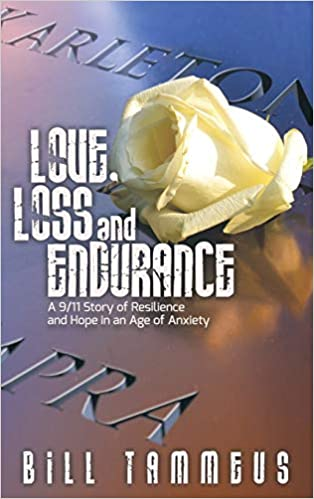
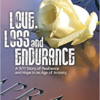


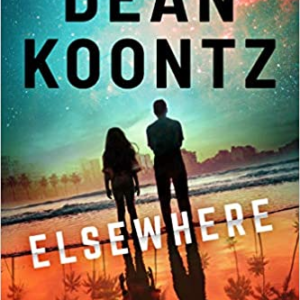
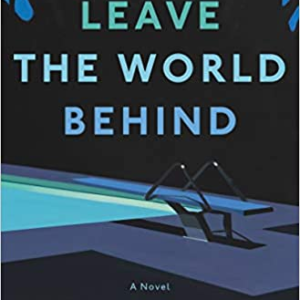
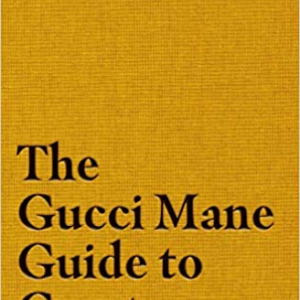
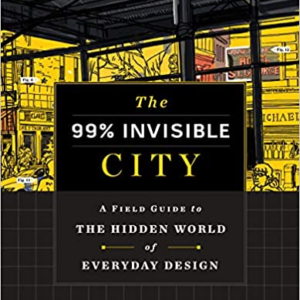
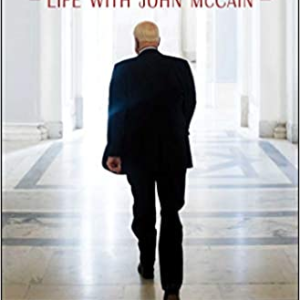
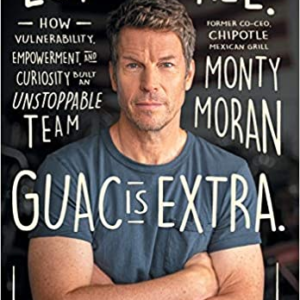
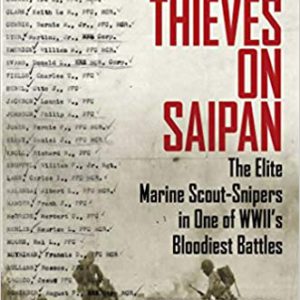
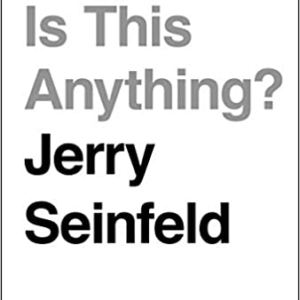
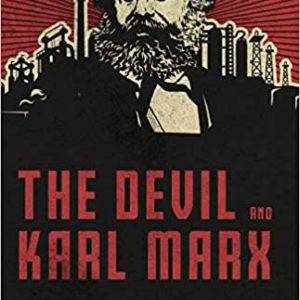
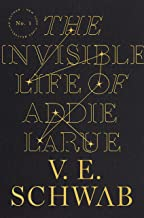
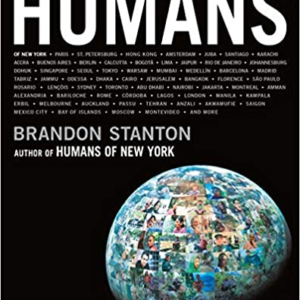












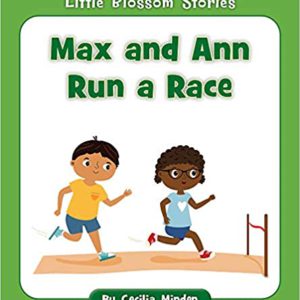



There are no reviews yet.